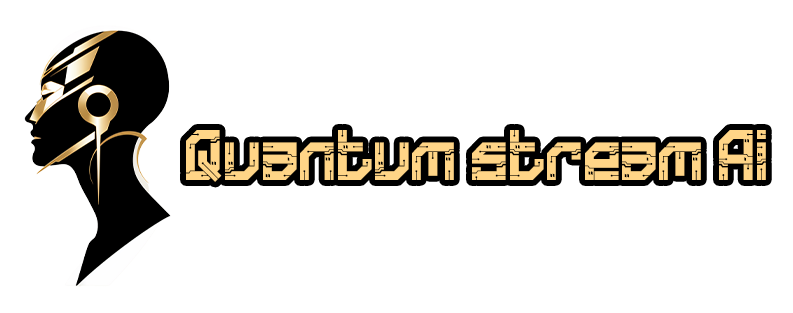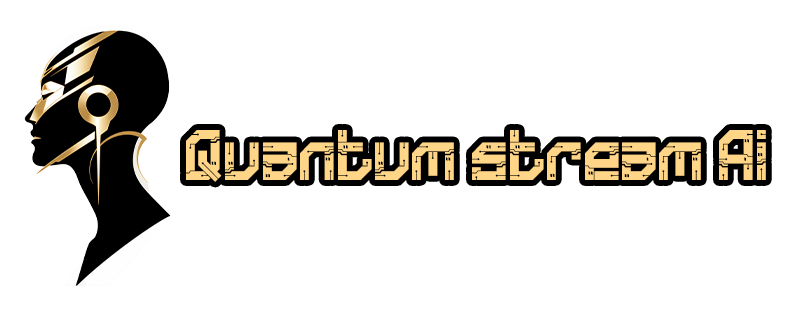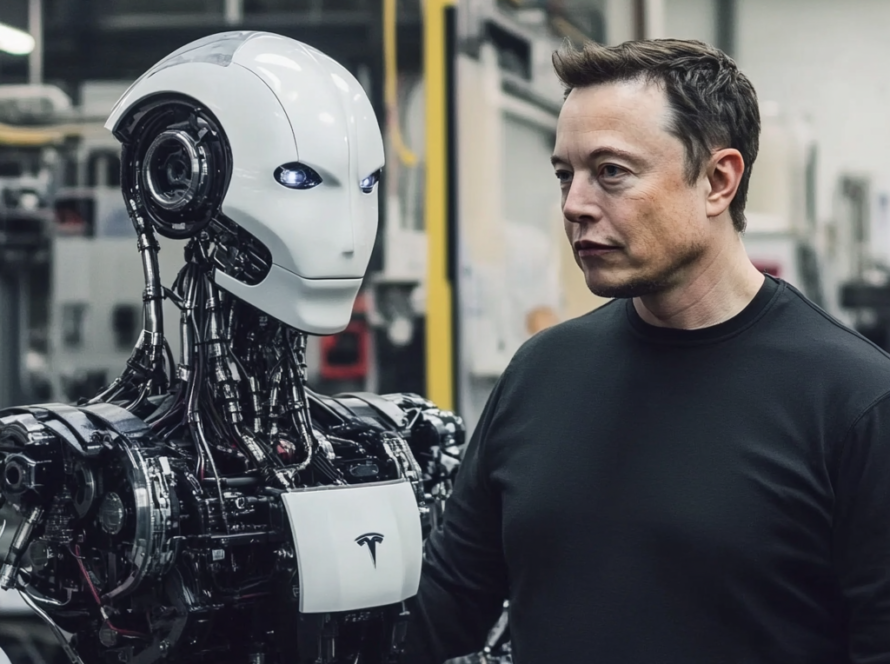As the founder of Quantum Stream AI, I’m deeply invested in the evolution of artificial intelligence and its growing role in our everyday lives. This week, Google’s Pixel phone launch provided a fascinating glimpse into the future of AI integration with its live demo of the new AI assistant, Gemini. While the demonstration had its challenges, it underscored a significant shift in how tech giants are approaching AI—moving from visionary promises to actual, tangible products that are beginning to ship now.
During the event, Google’s product director, David Citron, faced an awkward moment when the live demo of Gemini froze not once, but twice, in front of a large audience. The issue was eventually resolved with a quick switch to another phone, and the third attempt was successful. Despite the hiccup, this moment was a powerful reminder of the complexities involved in bringing AI to life in consumer products. It also highlighted Google’s commitment to transparency by opting for a live demo, rather than a pre-recorded, perfectly polished presentation.

This approach contrasts sharply with other industry leaders. For instance, Apple, known for its meticulously controlled product launches, opted for a pre-recorded video to showcase its assistant Siri’s new AI capabilities earlier this year. While this ensures a flawless presentation, it doesn’t quite capture the raw, unfiltered experience of AI in action, which Google embraced, even at the risk of failure.
What stood out in Google’s presentation was the real-time demonstration of Gemini’s capabilities. Citron’s example of using the assistant to check his calendar for availability during a Sabrina Carpenter concert illustrated the AI’s practical applications, despite the technical glitches. This is a clear indication that Google is not just theorizing about AI’s potential but is actively integrating it into their products, making it accessible to millions of users in the very near future.

The shift towards live demos marks a significant change from just a year ago, when Google was criticized for editing its AI presentations. The company’s decision to show off “the stuff that is shipping in the next few days or weeks” speaks to a new level of confidence in their AI offerings. It’s a bold move that puts pressure on competitors like Apple, who are still in the testing phases of their AI systems.
As we look at the broader implications of this launch, it’s clear that the race to integrate AI into our smartphones is heating up. According to IDC, the number of “Gen AI” capable smartphones is expected to quadruple in 2024, which will fundamentally change how we interact with our devices. The AI processing shift from large data centers to the chips inside our phones will lead to more efficient, responsive, and personalized AI experiences.
Google’s advancements in “multimodal AI,” demonstrated by the ability to analyze and respond to questions about a concert poster from a photo, represent a significant leap forward. These features, which are not yet part of Apple’s planned capabilities, could redefine user expectations for what their smartphones can do.

At Quantum Stream AI, we are excited about these developments. As AI becomes more integrated into our devices, the potential for innovation grows exponentially. Google’s live demo, despite its imperfections, was a powerful statement about the present and future of AI. It’s not just about envisioning what AI could be, but about delivering real, working products that will soon be in the hands of millions.
As we continue to develop AI solutions at Quantum Stream AI, Google’s approach reminds us of the importance of transparency, real-world testing, and the courage to take risks. These principles are at the heart of innovation, and they are what drive us to create AI tools that truly enhance the way we live and work.
Stay tuned as we continue to explore and push the boundaries of what AI can achieve, just like Google is doing with Gemini.
Kai, Founder of Quantum Stream AI




